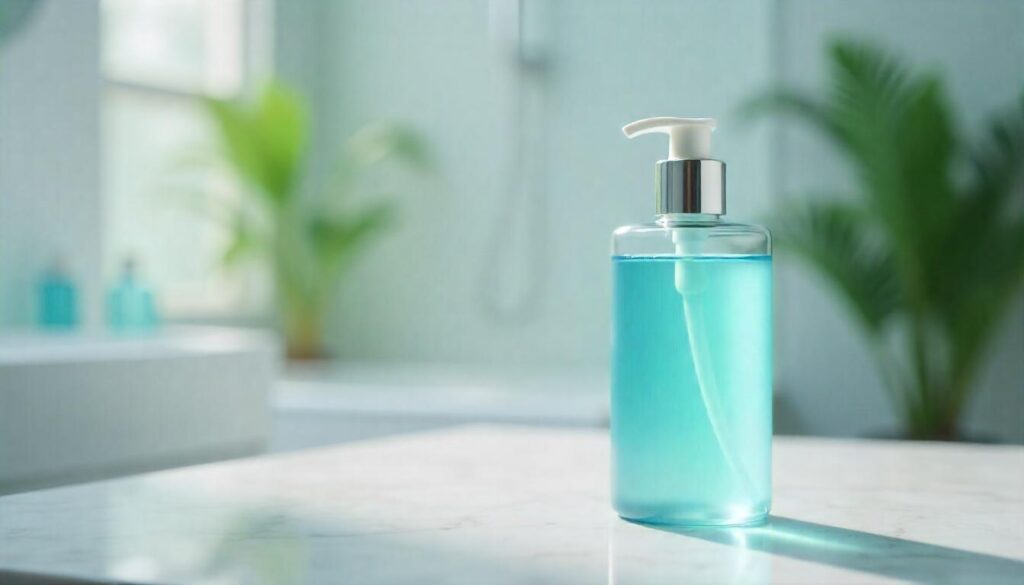Why does skincare need to change during pregnancy?
Pregnancy brings exciting changes to a woman’s body, but it also brings new skincare needs. As hormone levels shift, many women experience dryness, sensitivity, or even acne. This is why it becomes important to check what goes onto your skin. Many products that were once safe may now be too harsh or risky. One key ingredient that expecting mothers are often advised to avoid is alcohol in skincare. That’s where non alcoholic lotions come in — gentle, effective, and safe.
Understanding what alcohol does in skincare
Alcohol in skincare products can serve several purposes, like preserving the formula or helping it dry quickly. However, certain types of alcohol, like denatured alcohol or ethanol, can strip the skin of natural oils and lead to dryness, irritation, or increased sensitivity. During pregnancy, when the skin is already more reactive, this can make things worse. Choosing non alcoholic lotions reduces the risk of discomfort and supports the skin’s natural balance.
Benefits of using non alcoholic lotion during pregnancy
Non alcoholic lotions offer hydration without causing skin irritation. These formulas are typically gentler and more suitable for sensitive skin. They help in locking in moisture, soothing irritation, and providing long-lasting comfort. Because they avoid harsh drying agents, they are less likely to trigger breakouts or allergic reactions. This becomes especially useful when the skin is unpredictable due to hormonal fluctuations.
What ingredients to look for in safe non alcoholic lotions
When selecting a lotion during pregnancy, it’s not just about avoiding alcohol. It’s also about choosing ingredients that are known to be gentle and nourishing. Look for lotions that contain shea butter, aloe vera, coconut oil, calendula, or chamomile. These ingredients are known for their soothing and hydrating properties. Avoid lotions with strong fragrances, parabens, retinoids, or essential oils that may not be suitable during pregnancy.
Patch test before regular use
Even with safe, non alcoholic lotions, it’s wise to do a patch test. Apply a small amount of lotion to a discreet area of skin, like the inside of your wrist, and wait for 24 hours. If there’s no redness, itching, or discomfort, it’s likely safe to use. This small step can prevent unwanted skin reactions and ensure peace of mind.
Choose dermatologist-tested or pregnancy-specific brands
To make your skincare routine easier and safer, choose lotions that are dermatologist-tested or specifically marketed as pregnancy-safe. Many reputable brands now offer lines that cater to moms-to-be. These are formulated with care, avoiding ingredients known to cause harm or irritation during pregnancy. Reading product labels and looking for certifications or safety tags is a good habit during this time.
Hydration becomes more important during pregnancy
As your body works harder to support your growing baby, it’s easy for skin to become dehydrated. Using a good quality, non alcoholic lotion regularly helps maintain moisture levels and reduce the tight, itchy feeling that often comes with stretching skin. Apply after bathing when the skin is still damp for better absorption and longer-lasting hydration.
Stretch mark care with non alcoholic lotions
While stretch marks are a normal part of pregnancy, keeping the skin soft and hydrated may help reduce their appearance. Non alcoholic lotions with ingredients like cocoa butter, almond oil, and vitamin E can support skin elasticity. Massaging these lotions into areas like the belly, thighs, and breasts can also improve circulation and offer a calming self-care ritual.
Avoiding hidden alcohols and reading labels carefully
Some products may still contain forms of alcohol not immediately obvious. For example, benzyl alcohol is used as a preservative and may be safe in low amounts, but should still be used cautiously. Other alcohol-based ingredients like cetyl alcohol or stearyl alcohol are fatty alcohols and are generally not harmful. Understanding the difference and reading ingredient lists carefully helps in making informed choices.
Natural and homemade lotion alternatives
Some expecting moms prefer to go completely natural and make their own lotion at home. Simple blends using shea butter, coconut oil, or olive oil can work well for many skin types. These DIY options have the benefit of complete control over ingredients and are often budget-friendly. However, it’s important to test these too, as natural doesn’t always mean allergy-free.
Speak to your doctor or dermatologist
Every pregnancy is different, and what works for one person may not be right for another. Before starting any new skincare product, especially if you have known allergies or skin conditions, consult your doctor or a dermatologist. They can help you identify which ingredients are safe and which ones to avoid based on your specific health profile.
A final thought on skincare during pregnancy
Pregnancy is a time to care for yourself with extra attention and love. Skincare may seem like a small part of this journey, but it can make a big difference in how you feel every day. Choosing non alcoholic lotions is a simple but effective way to protect your skin and avoid unnecessary risks. With a bit of awareness and the right products, you can keep your skin healthy, comfortable, and glowing through every trimester.

